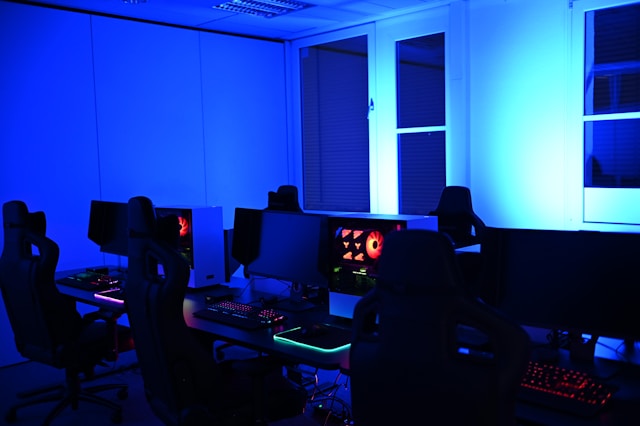The growing popularity of eSports has brought to light not just the skills and entertainment value it offers but also the psychological impacts it has on its participants, particularly young athletes. This article explores how competitive gaming affects the mental health of young eSports players, the challenges they face, and strategies for fostering a healthier gaming environment.
High Pressure and Stress
Young eSports athletes often experience high levels of pressure and stress due to the competitive nature of the industry. The demand to perform consistently at high levels, combined with the public scrutiny that comes with professional gaming, can lead to significant psychological stress. This is compounded by the fear of underperformance or losing sponsorships, which can severely impact an athlete’s career longevity and financial stability.
Effects on Self-Esteem and Identity
For many young players, eSports is not just a hobby but a significant part of their identity. Successes and failures in the arena can greatly affect their self-esteem. While winning and achieving high ranks can boost confidence, repeated losses or criticism from the community can lead to feelings of inadequacy and low self-worth. Managing these swings in self-esteem is crucial for the long-term mental health of young athletes.
Social Interaction and Isolation
While eSports can offer a vibrant community for social interaction, the intense training schedules and the digital nature of the industry can also lead to isolation from the physical world. Young players might spend excessive amounts of time practicing alone, which can limit their face-to-face interactions with peers and reduce opportunities for developing broader social skills.
Coping with Online Harassment
Online harassment is a significant issue within the eSports community. Young players, in particular, are vulnerable to negative comments and cyberbullying, which can occur during live streams or on social media. Learning to cope with these unwarranted attacks is essential for maintaining mental well-being.
The Role of Support Systems
The presence of a robust support system is vital for young eSports athletes. This includes not only family and friends but also coaches, mental health professionals, and teammates. Such support can help players deal with pressure, manage the highs and lows of their career, and maintain a balanced life. Team environments should promote healthy relationships and offer resources for mental health management.
Encouraging a Healthy Balance
Promoting a healthy balance between gaming and other life activities is critical. Young athletes should be encouraged to pursue educational opportunities, engage in physical activity, and maintain social relationships outside of gaming. Establishing boundaries around training hours can also prevent burnout and promote longevity in the sport.
For more insights into managing the psychological impacts of eSports on young athletes, Indosultan88 provides detailed discussions and expert advice.
In conclusion, as eSports continues to grow, understanding and addressing the psychological impacts on young athletes is essential. By fostering environments that prioritize mental health and well-being, the industry can ensure that young players not only succeed in their careers but also lead balanced and fulfilling lives.


